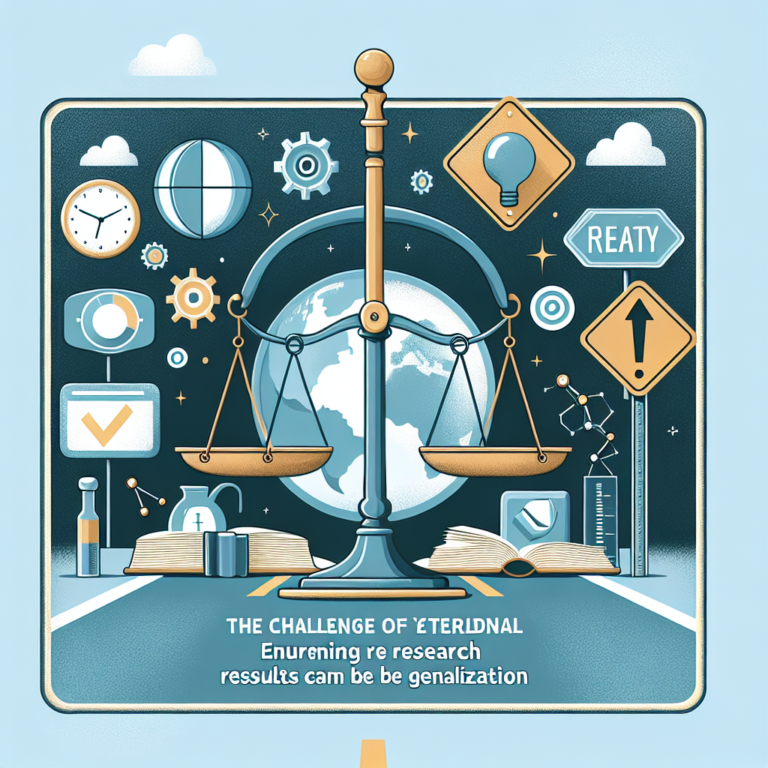
Introduction
In the vibrant realm of behavioral psychology, one concept stands out for its profound simplicity yet profound implications: habituation. Have you ever noticed how the sound of a humming refrigerator fades into the background as you become absorbed in your work? This is habituation at work— our mind’s remarkable ability to adjust to repetitive stimuli over time. Understanding the role of habituation in behavioral psychology not only illuminates the intricacies of human behavior but also opens avenues for practical applications, from therapeutic settings to marketing strategies. In this comprehensive exploration, we will delve into The Role of Habituation in Behavioral Psychology: A Deep Dive, uncovering its significance and applications with clarity and nuance.
What is Habituation?
The Basics of Habituation
Before embarking on our in-depth examination, let’s clarify what habituation is. Habituation is a basic form of learning where an organism decreases its response to a repeated stimulus over time. This reduction in reaction occurs because the stimulus becomes familiar and thus less novel or threatening.
Differences from Other Forms of Learning
It is essential to distinguish habituation from related concepts such as classical conditioning and operant conditioning. While both forms involve learning, habituation is unique in that it represents a decrease in response rather than a learned association.
| Term | Definition | Key Elements |
|---|---|---|
| Habituation | Decreased response to a repeated stimulus | Non-associative learning |
| Classical Conditioning | Learning through association between stimuli | Involves a conditioned response |
| Operant Conditioning | Learning through consequences (reinforcements/punishments) | Involves voluntary behaviors |
The Science Behind Habituation
Neurological Underpinnings
As we dive deeper into The Role of Habituation in Behavioral Psychology: A Deep Dive, it’s vital to understand the neurological processes involved. Researchers have found that habituation occurs at various levels—neural circuits, synaptic changes, and even at the molecular level. A classic study by Kandel (2001) on the sea slug Aplysia demonstrated that repeated stimulation leads to changes in synaptic strength, indicating that habituation is rooted in the brain’s plasticity and our capacity to learn.
The Role of Sensory Adaptation
Sensory adaptation also interplays with habituation. While habituation involves a psychological response decrease, sensory adaptation occurs when sensory receptors become less sensitive to a stimulus. Understanding the distinction between these two mechanisms helps elucidate why we may grow accustomed to consistent stimuli, whether they’re environmental sounds or emotional stressors.
Practical Applications of Habituation
In Therapy: Improving Patient Outcomes
One significant application of habituation lies in therapeutic contexts. Exposure therapy, commonly used in treating phobias and PTSD, relies on the principles of habituation. By gradually exposing patients to their fears in a controlled environment, therapists can help them reduce their anxiety responses over time. Let’s consider a case study:
Case Study: Exposure Therapy for Spider Phobia
In a controlled setting, a patient with arachnophobia might first view pictures of spiders. Over multiple sessions, they would progressively interact with increasingly realistic representations of spiders. The patient’s anxiety responses diminish as they repeatedly face the stimuli, illustrating the practical application of habituation in behavioral psychology.
In Marketing: Creating Effective Campaigns
Marketers also leverage the concept of habituation. Advertisements that are repetitive tend to show diminishing returns in viewer engagement—users become desensitized to repeated pitches. Instead, innovative campaigns employing variations can better capture audience attention and enhance recall.
Case Study: Coca-Cola’s Ad Strategy
Coca-Cola, for instance, has effectively used variations on its classic branding to combat habituation in consumer behavior. By infusing novelty into their advertising, they maintain consumer interest and engagement, demonstrating The Role of Habituation in Behavioral Psychology: A Deep Dive in a market context.
Habituation Across Different Life Stages
Childhood: Learning Through Repetition
During childhood, habituation plays a vital role in learning environments. Children who encounter consistent routines or stimuli develop a sense of stability and predictability, essential for their emotional development. Educational strategies that utilize repetition and gradual exposure to complex tasks can enhance learning outcomes.
Adulthood: Coping Mechanisms
In adulthood, habituation can serve as a coping mechanism. Individuals exposed to stressors in their personal or professional lives often find that they become desensitized over time, allowing them to navigate challenging environments more effectively.
Measuring Habituation
Experimental Designs
Researchers often employ several experimental designs to measure habituation. One popular method involves presenting stimuli multiple times while observing changes in response. The difference between initial and subsequent responses can be quantified to assess the degree of habituation.
Real-World Application: Heart Rate as a Measure
For example, heart rate can serve as a reliable measure of habituation in response to loud noises. As individuals are repeatedly exposed to the noise, their heart rate typically decreases, indicating diminished emotional arousal and increased habituation.
| Stimulus Exposure | Heart Rate (bpm) | Duration |
|---|---|---|
| Initial Exposure | 78 | 5 seconds |
| Second Exposure | 72 | 5 seconds |
| Third Exposure | 68 | 5 seconds |
The Psychological Impact of Habituation
Emotional Regulation
Habituation also influences emotional regulation. For example, repeated exposure to stress or trauma can result in a decrease in emotional responsivity, potentially leading some individuals to become desensitized to significant life events. While this can enable coping, it may also have negative ramifications, such as emotional numbness.
Social Interactions
In social contexts, habituation can impact interpersonal relationships. Friends or family members may experience emotional fatigue when exposed to repetitive behaviors or needs, indicating the importance of understanding how habituation affects group dynamics and social connections.
The Future of Habituation Research
As we look forward, the study of habituation in behavioral psychology continues to evolve. Advanced neuroimaging techniques and artificial intelligence have the potential to uncover deeper insights into how habituation manifests in the brain and impacts behavior.
Potential Research Directions
- Neuroplasticity and Habituation: Exploring how brain plasticity interacts with habituation could inform therapeutic practices.
- Cultural Influences: Investigating how different cultural contexts affect habituation responses can provide insights into global behaviors.
- Technology and Habituation: Understanding how technology influences habituation in modern life, such as through social media interactions, opens further avenues for research.
Conclusion
In summary, The Role of Habituation in Behavioral Psychology: A Deep Dive reveals how this fundamental concept permeates various aspects of human experience, from therapeutic settings to everyday life. Whether in coping with stress, navigating social interactions, or engaging in marketing strategies, understanding habituation provides us with a toolkit for enhancing our emotional responses and interactions with our environments.
As you reflect on the insights shared here, consider how habituation influences your behaviors and relationships. Embrace the knowledge that you can harness the power of habituation to cultivate growth in both personal and professional realms.
FAQs
1. What is the difference between habituation and classical conditioning?
Habituation involves a decrease in response to a repeated stimulus without forming an association, whereas classical conditioning involves learning through associations between stimuli.
2. How can habituation be beneficial in therapy?
Habituation can assist patients in reducing anxiety through gradual exposure to feared stimuli in a controlled environment, leading to improved coping strategies.
3. Can habituation negatively impact relationships?
Yes, repeated exposure to certain behaviors can lead to emotional fatigue, impacting interpersonal dynamics and potentially causing emotional distance among individuals.
4. Is habituation reversible?
Yes, if stimuli are reintroduced after a break, individuals may exhibit renewed responsiveness, indicating that habituation can be moderated or reversed.
5. How does habituation apply to marketing?
In marketing, habituation impacts consumer engagement. Varying advertisements can combat the effects of habituation, keeping consumers interested and responsive to marketing strategies.
In this deep dive, we have dissected the role of habituation in behavioral psychology, offering insights into how it shapes our daily lives, influences our behaviors, and fosters our emotional well-being. Embrace these concepts, and explore how understanding habituation can enhance your personal and professional journey.















